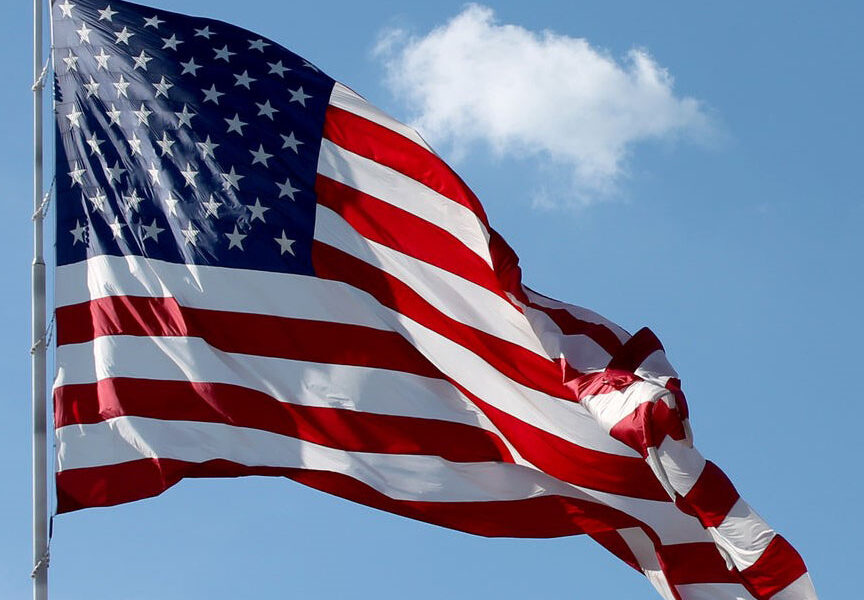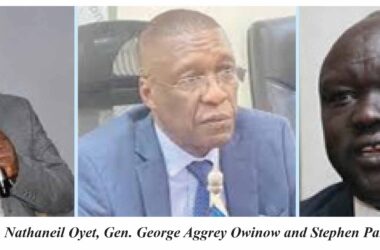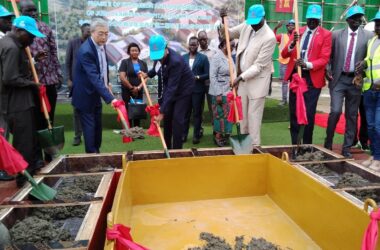By Yiep Joseph
The United States of America has announced plans to impose visa restrictions on individuals responsible for spoiling peace in South Sudan.
According to the US, those individuals who are found to be undermining and impeding a sustainable peace in the country would be subjected to visa restrictions.
A press statement issued over the weekend and signed by Matthew Miller, the spokesperson for the U.S. Department of State, claimed recurring failure by South Sudan leaders to achieve peace in the country.
However, the statement did not reveal the names of those individuals to be affected by the decision.
The US in a statement noted South Sudanese leader’s failure to end public corruption as well as protecting the people of South Sudan from abuses and violations of their human rights.
According to the statement, the actions demonstrate the United States’ continued support for the people of South Sudan and their aspirations to strengthen democracy and the rule of law and commitment to promote accountability for those failing to maintain peace.
This is the third tranche of actions taken pursuant to Section 212(a)(3)(C) of the Immigration and National Act under the policy announced in 2019 for individuals responsible for, or complicit in, undermining and impeding a sustainable peace in South Sudan, along with their family members.
However, the Executive Director for the Center for Peace and Advocacy (CPA), Ter Manyang, said that sanctions cannot solve the problem of South Sudanese.
In an interview with this outlet Tery claimed that sanctions only address symptoms of the problem but cannot solve the problem.
“The Center for Peace and Advocacy (CPA) believes that the United States government is merely addressing the symptoms of the South Sudan crisis rather than resolving the underlying issues,” the statement read.
“Imposing on ordinary officials does not change the situation faced by many citizens across the country,” he added.
The activist expressed that sanctions continue to affect the lives of the ordinary citizens rather than the elites.
“Imposing sanctions on individuals who hinder peace and stability will only worsen the situation for ordinary South Sudanese citizens,” he added.
He acknowledged that the problems in South Sudan are rooted in a political elite who continued to prioritize their interests over those of the citizens they lead.




